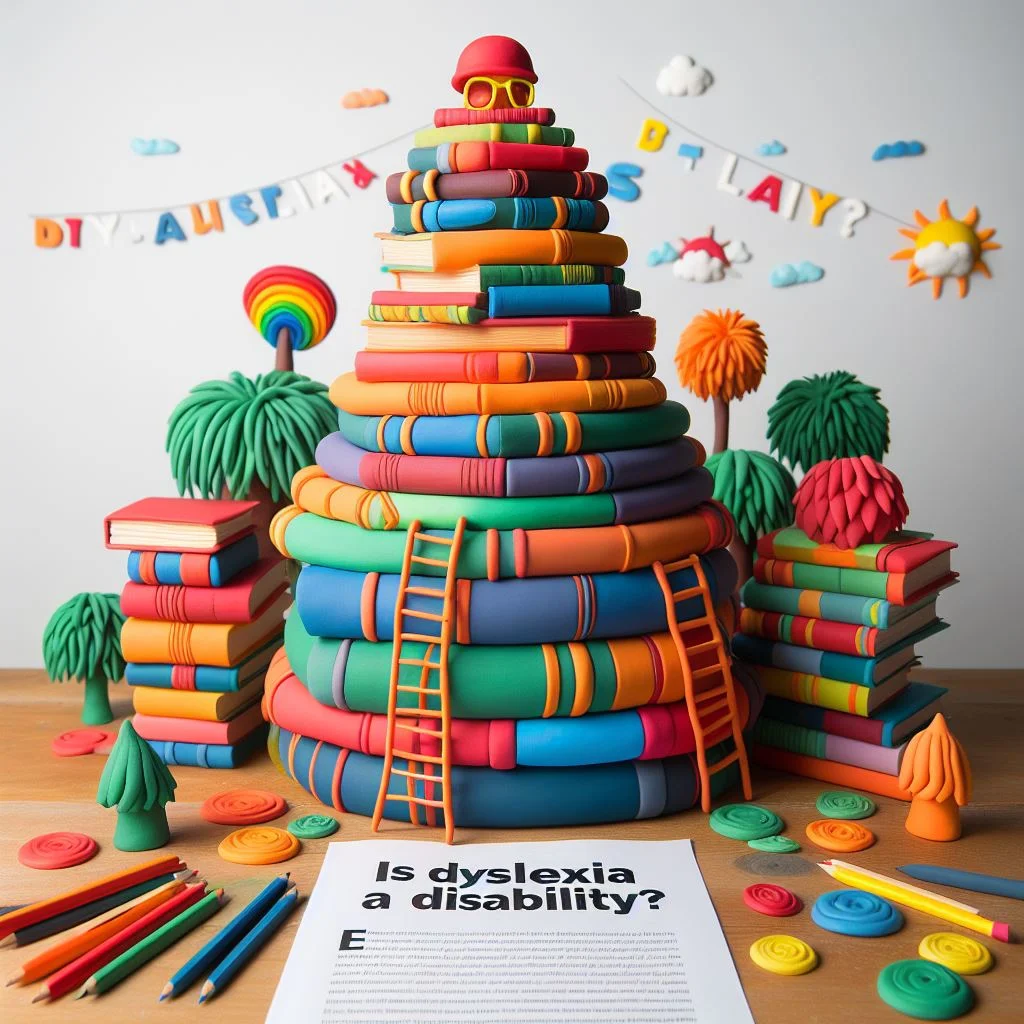Since 2018, Dyslexie Font has collaborated with the HOI Foundation to organize the Dutch Week of Dyslexia every first week of October. Our aim is to alter perceptions of neurodiversity and dyslexia by providing information to dyslexic individuals, parents, children, teachers, and businesses.
IS DYSLEXIA A DISABILITY
Redefining Dyslexia: Challenging Labels and Embracing Differences in Learning
Yes, dyslexics are officially classified as "impaired." The Individuals with Disabilities Education Act specifically mentions dyslexia as a disability. Dyslexics are frequently covered by the Americans with Disabilities Act (ADA). What is the cost of this designation, though?
All of these labels, such as "disabled," "dysfunctional," "impaired," and so forth, have always unsettled me. Many people, whether intentionally or unintentionally, attribute a dyslexic's difficulties solely to dyslexia. This assertion lacks support from research! Society tells dyslexics, "It's your responsibility," "you can't do anything about it," and "it's a disability you'll have to live with." However, there is no evidence for this. Finally, dyslexics are informed that they have a learning disability.
Dyslexia is considered a disability according to the Equality Act 2010 because it is a lifelong disorder that affects a person's ability to read, write, spell, and navigate. If a condition "affects a person's capacity to carry out typical day-to-day activities," whether physically or psychologically, it is classified as a disability.
DYSLEXIA IS A DISABILITY
While the United Kingdom's Equality Act 2010 recognizes dyslexia as a handicap, the United States' Americans with Disabilities Act (ADA) explains how it affects a person's "life activities." Following a series of Supreme Court hearings that narrowed the definition of disability, the US Congress revised the ADA in 2008 "to modernize the definition of disability." In 2016, a new rule came into effect in the United States. It contains "extensive recommendations for employers and educational institutions on providing accommodations to people with disabilities," such as dyslexia.

BREAKING STEREOTYPES
The language used to discuss dyslexia can shape a person's understanding of their own dyslexia and affect how classmates, coworkers, teachers, and employers respond to it. For instance, labeling dyslexia as a disability implies that it is a negative condition that imposes limitations or handicaps on a person.
Dyslexia is a condition in which the brain processes language differently, resulting in difficulty with reading, decoding, and spelling sound-letter mapping. Many individuals prefer the terms learning difference or specific learning difference because they imply that dyslexia is a literacy issue that can be addressed rather than a lifelong disability.
According to studies, dyslexia is usually genetic, and estimates suggest that one out of every ten people is dyslexic, with 40 percent experiencing a severe form. With early diagnosis, the right strategy training, and appropriate accommodations, every dyslexic student can reach their full potential in the classroom, regardless of the severity of their symptoms. It's also important to note that dyslexia is unrelated to IQ, and many dyslexics go on to have successful careers. Individuals who receive an early diagnosis have even been known to say that they wouldn't change their dyslexia if given the chance, as they see it as a source of creativity, problem-solving skills, and determination.